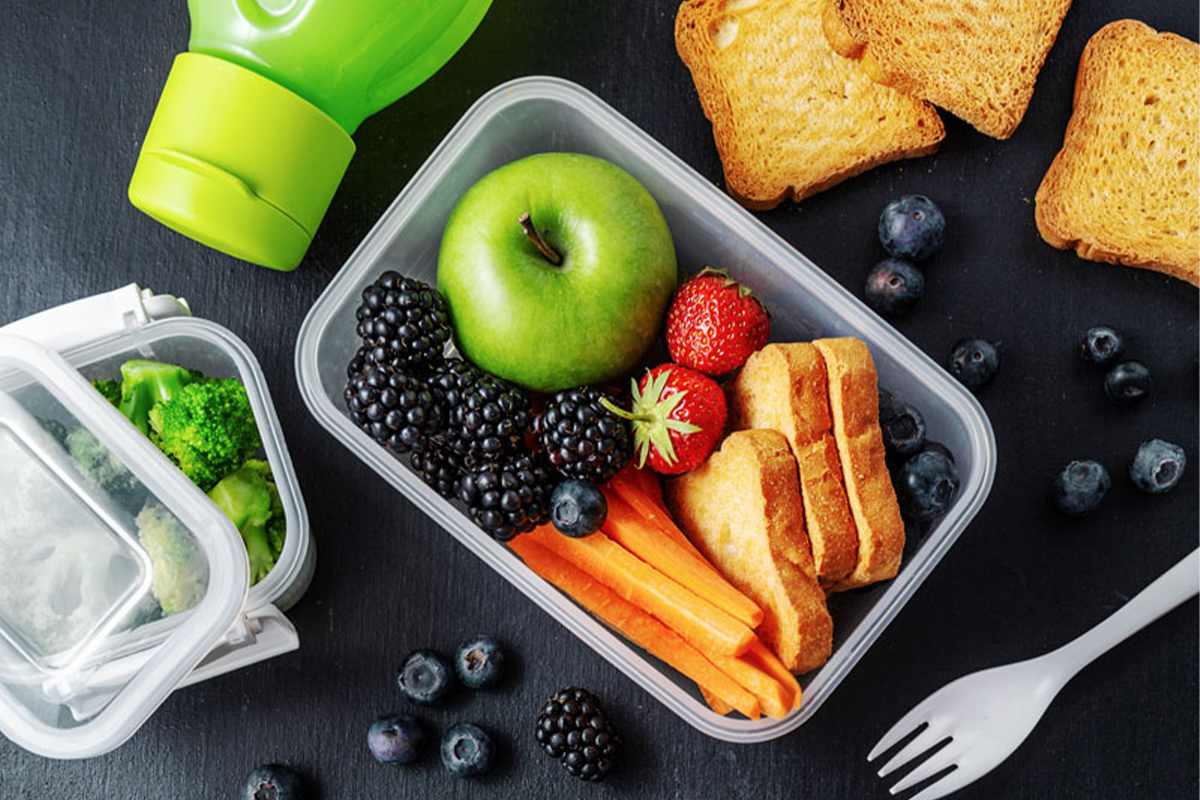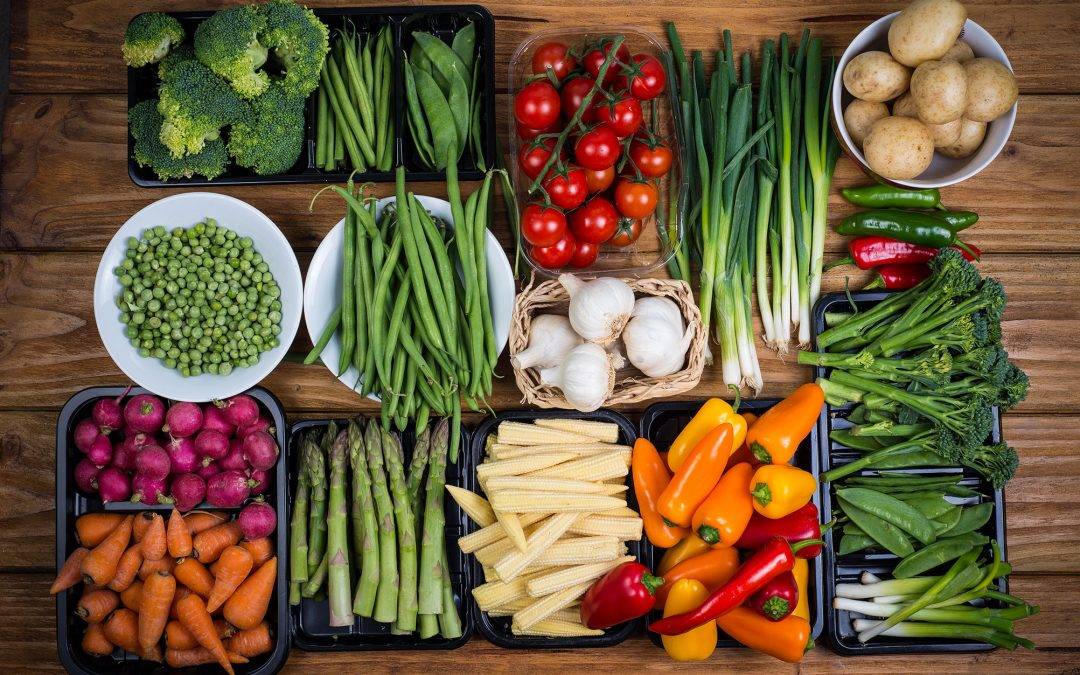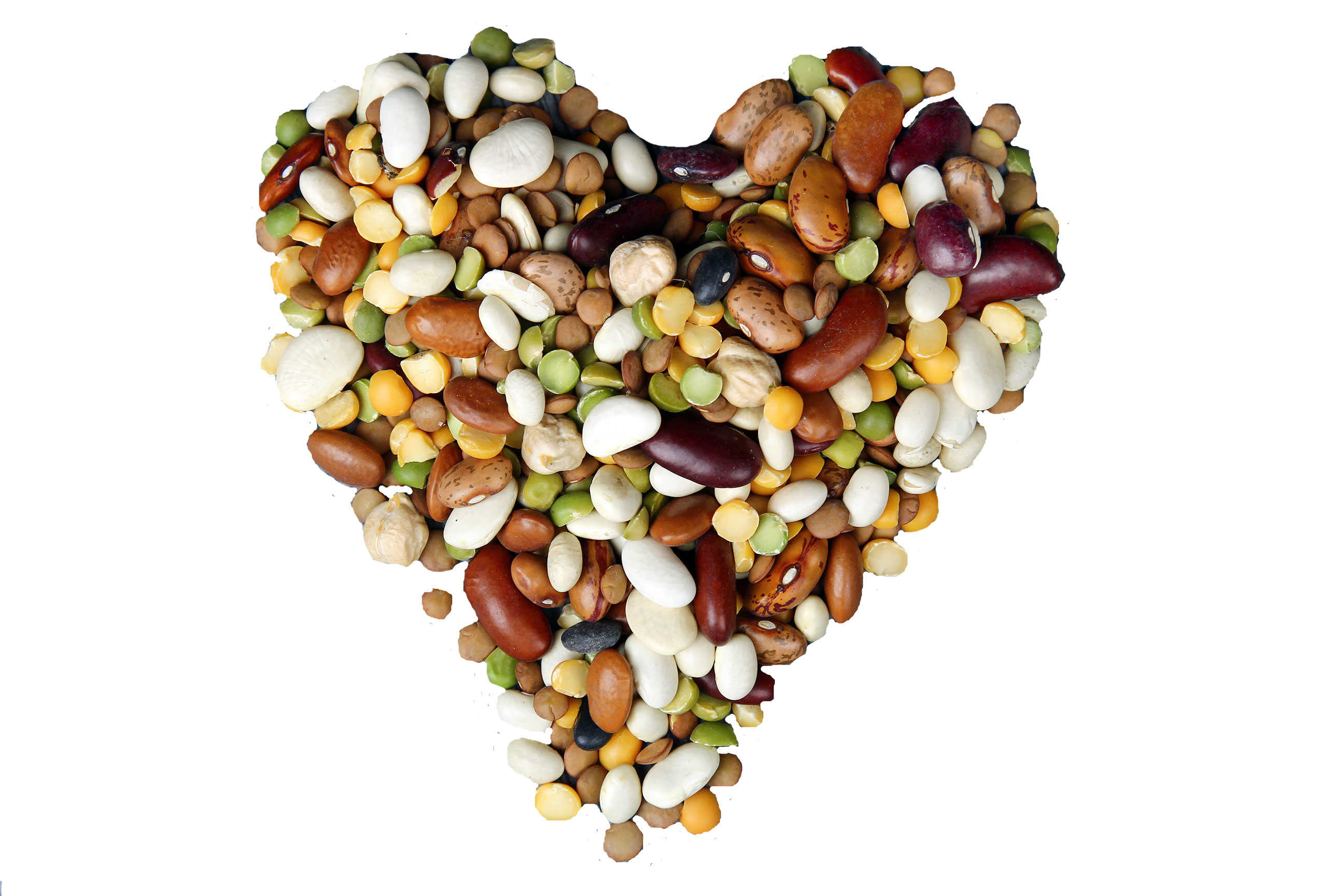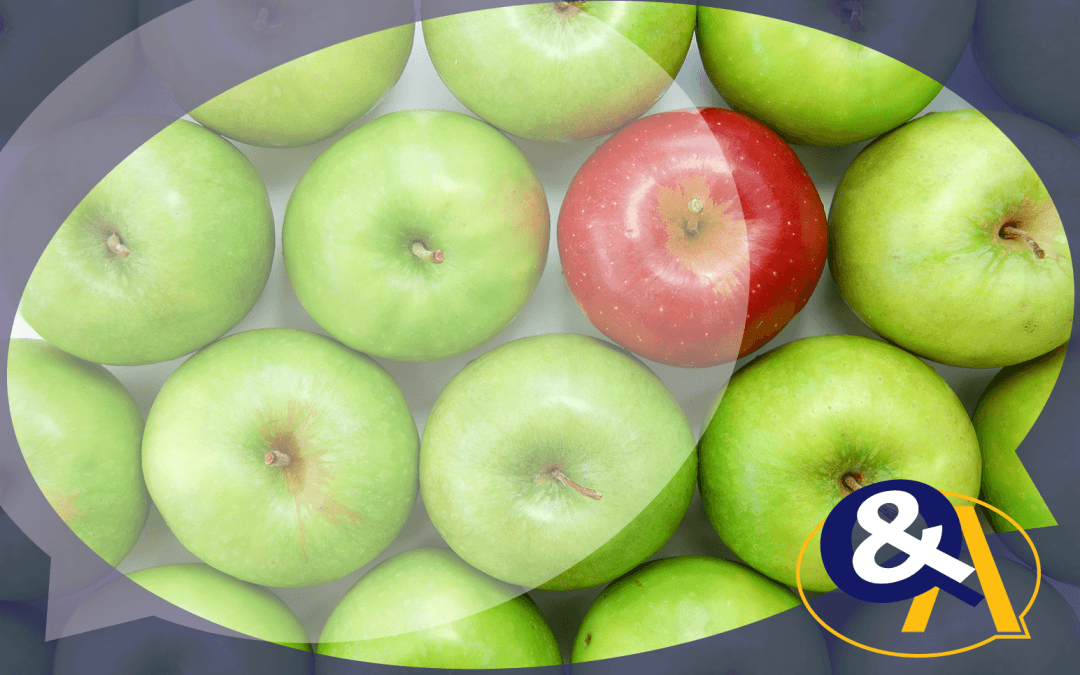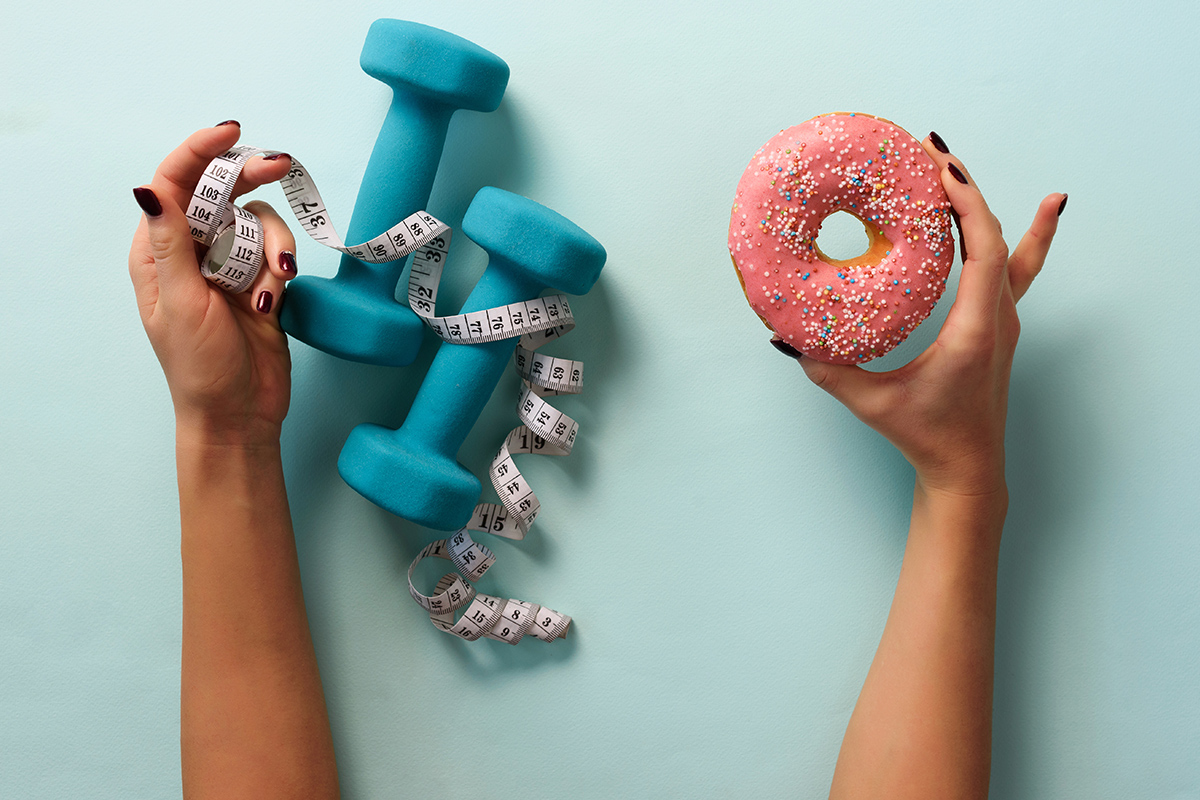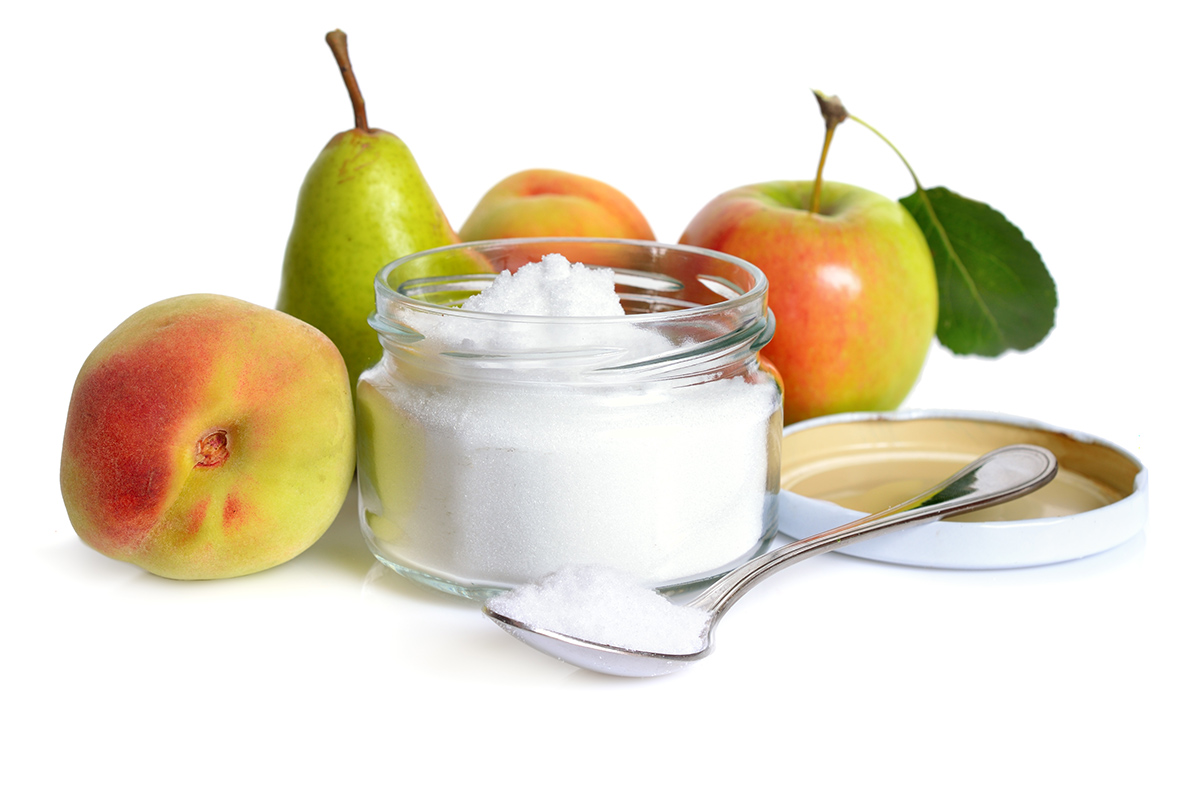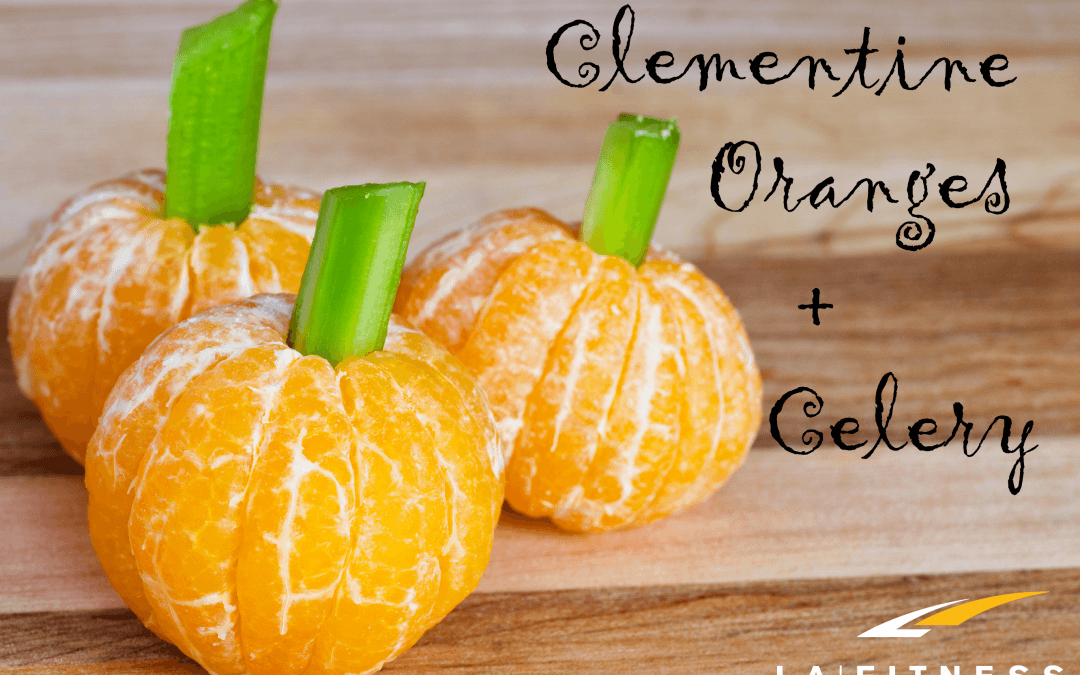Eating healthy between meals is easier than you think! LA Fitness registered dietitian, Debbie James, offers solutions to common obstacles for snacking right with ideas for on-the-go snacks and overall tips.

Do I Need to Change My Diet for the Next Phase of Physical Fitness?
Question:
I have been a member since May of this year and love the facility in Florence, KY. Over all I have went from 319 to 235 with about 50 lbs lost at LA. I am basically at my goal weight and have begun to lift using free weights and the hoist and hammer equipment. I noticed an immediate change in muscle but then leveled off. I am researching my diet as it is still more geared to weight loss. I am 6’4” male, I have been on a high protein very low carb diet about 2000-2400 cals. I am looking to keep my caloric intake about the same but switch to about 150g of carbs a day 200-230g of protein and 60-70 grams of fat.
What is your opinion on this plan? Thanks for any help. I lift 3-4 days a week for an hour usually followed by 20-30 minutes of cardio on the elliptical or treadmill, I try to do 10 minute miles with a heart rate of 140-150 if that matters. I have also read I should lift and do light cardio and then rest for 48 hours at least on the weights and do more intense cardio on non lifting days.
-Robert M.
Answer:
Hi Robert – Good to hear of your success at your local LA Fitness club! The plan you describe would provide about 30% carbohydrate, 39% protein at 1.9 gm/kg, and 31% fat in 2030 calories (at lowest protein and highest fat given). This seems a suitable transition from your previous diet.
I am having success losing weight, but could you review my strategy to see if it is my best option?
Since you are more active than you were 5 months ago, you may need more carbohydrates to retain your muscle mass, but can add these in the future. For maximum benefit from the carbs you are eating, shoot for 25 grams of fiber per day. The produce, grains and beans needed to provide that amount won’t leave room for refined sugars anyway. You don’t need more than 200 grams protein daily as that’s about the maximum which is utilized by muscle, while the remainder would be burned for fuel (which is carbohydrate’s job). The amount of fat is ideal for now but could be slightly increased if you end up needing more energy – as long as it’s mostly from unsaturated plant sources.
Keep up the good work!
– Debbie J., MS, RD
This article should not replace any exercise program or restrictions, any dietary supplements or restrictions, or any other medical recommendations from your primary care physician. Before starting any exercise program or diet, make sure it is approved by your doctor.
Suggested Articles
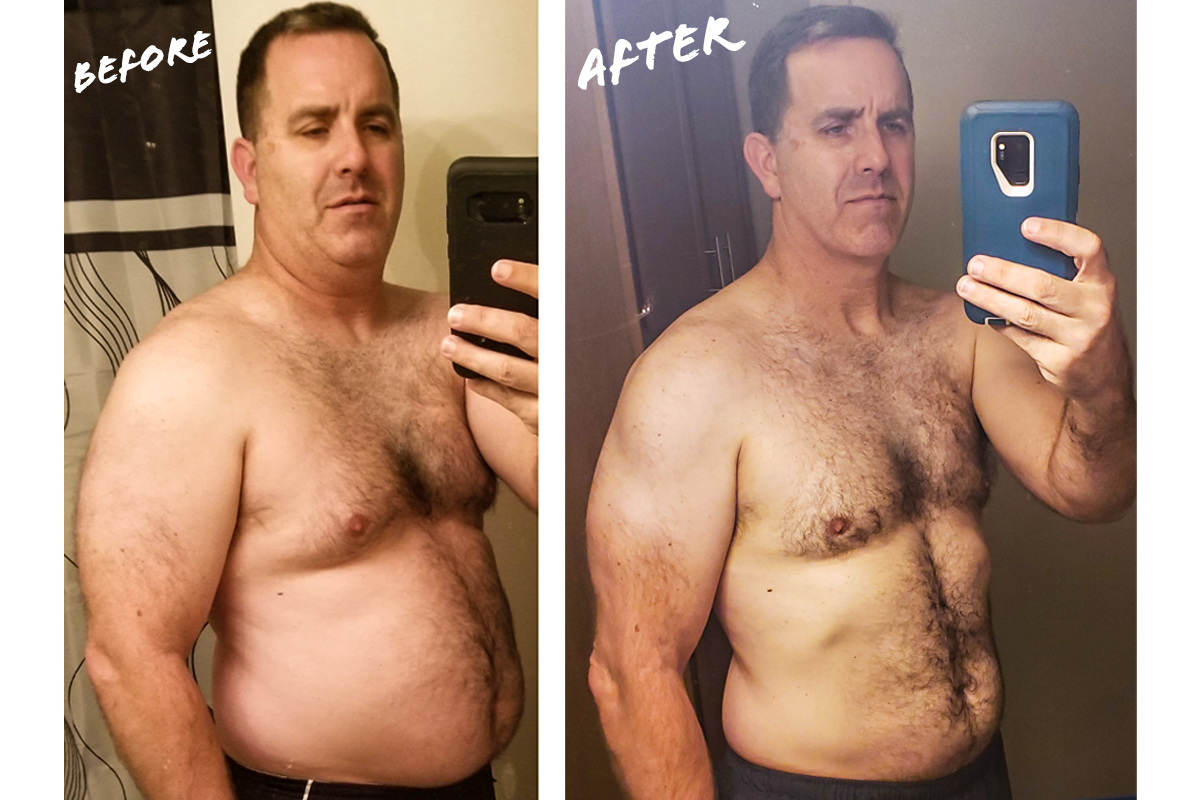
Member Spotlight | How Personal Training Changed This Man’s Life
Ever struggled with wanting to lose weight but haven’t found the results you’ve been looking for? Personal training might be the best way for you to go.

Cholesterol and Exercise – How to Manage Your Numbers Naturally
Research shows that spending more time on each workout is more likely to help your cholesterol levels than changing the frequency or intensity of your workouts. Read on to learn more about how to manage high cholesterol and triglyceride with exercise.
Want more? SUBSCRIBE to receive the latest Living Healthy articles right in your inbox!

